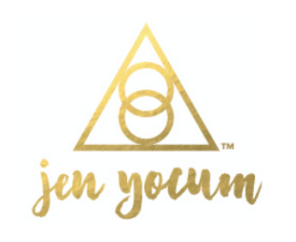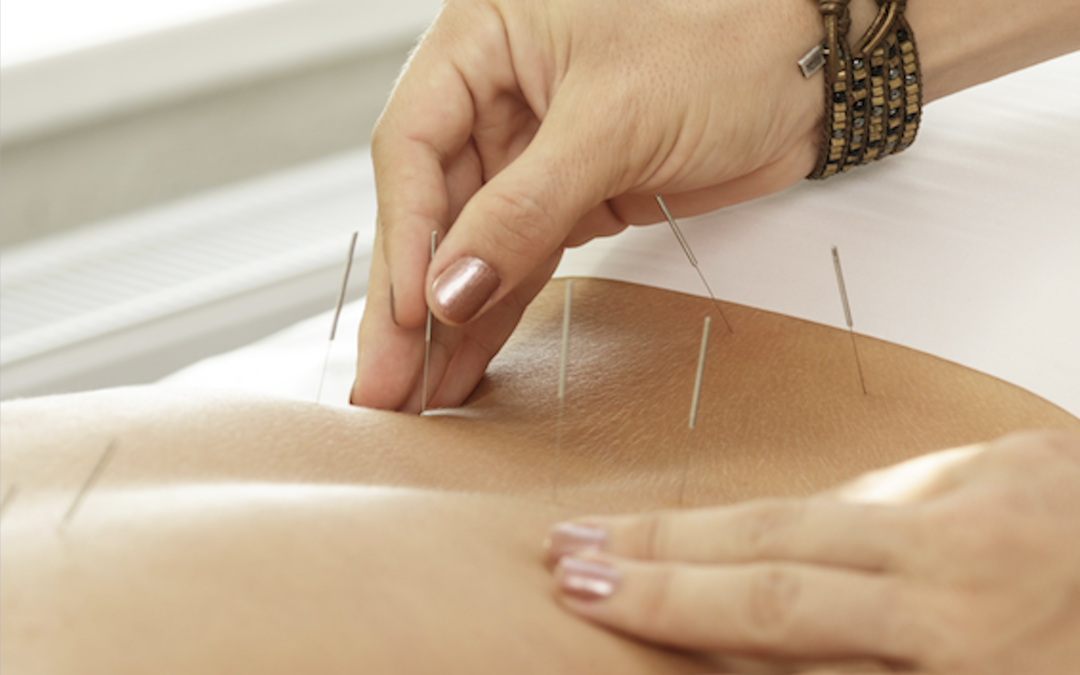Low back pain affects many Americans, and it is one of the most common reasons people walk through my door as an acupuncturist. The primary culprits that cause pain in the low back are disc issues (such as degenerative disc disease, or bulging, herniated, torn, or ruptured disc) and/or weak core muscles.
Degenerative disc disease occurs typically as a result of aging, that may contribute to or be a cause of a bulging disc. Basically, over time, your disc loses some of its gel-like consistency, and begins to flatten out a little, which gives the appearance of it “bulging” out of the place where it normally sits between your vertebrae. This can happen anywhere in the back, but is very common to occur in the low back. Discs can also rupture, herniate, or tear due to an injury or strain, is more common as we age. Any insult to the discs in the spine come at the price of back pain, often chronic and sometimes severe.
The “core” muscles of your body are all of the muscles in the torso in essence, not just the abdominal muscles. The muscles of our body beautifully work to counter and support one another, so if one area is very weak, another will try to compensate for that and throw itself out of balance as well. For most of us, the main area of weakness in our core is the abdomen. This can occur because of pregnancy, surgery affecting abdominal muscles, too much belly fat, or even under-utilization of the muscles. When our abdominal muscles are weak, our lower backs try to “help” and as a result, those muscles overwork themselves when you lift objects, run, or otherwise move and do the things you need to do. Your posture can become affected, and long story short, you end up with lower back pain.
Whether your pain comes from disc issues, weak core muscles, or something else, acupuncture and yoga are highly effective in helping you to recover and prevent further injury and pain. Acupuncture uses thin, sterile, single-use needles that are about the width of 1-2 hairs on your head, which are places in various places around the body to clear energy blockages, release endorphins, and promote healing. Acupuncturists may also use cupping, gua sha, tui na massage, moxibustion, Chinese Medicine based nutrition therapy, or other modalities within Chinese Medicine to support the needles. Needles may be inserted in the back, but also could be inserted many places in the body that may not seem at first glance to be related to your pain, but can be even more powerful in addressing the root causes of your low back pain. For example, the master point for low back pain is located on the back of the knee! Yoga helps low back pain by strengthening and stretching “core muscles,” which we will discuss in Part II.
In Part I of this article, we will discuss how acupuncture can help with low back pain. When it comes to low back pain through the lens of Chinese Medicine, the most common diagnosis is some type of qi or blood deficiency or stagnation. Qi is “energy”- whether it is the energy that flows in us or around us in nature. All things have qi, and we humans are a part of nature and not separate from it. Therefore, what happens in our world around us can affect us (for better or for worse). As humans, we also have blood, and blood carries qi. This blood and qi can become stagnant or stuck, or it can become deficient. Let’s discuss these two main contributors to low back pain:
- Blood deficiency or stagnation can be literal or metaphorical in nature. For example, blood deficiency is common in people with heavy menstruation, or after an injury or surgery where a lot of blood is lost. It makes sense that if you lose a lot of blood, that you’d be “blood deficient,” right? Blood stagnation could be a diagnosis when someone suffers from terrible menstrual cramps, but it’s not like blood is literally “stuck” somewhere. So take these diagnoses with a grain of salt if you like to be more literal, but they are still useful in how an acupuncturist will treat and alleviate your pain. The easiest ways to help with blood issues from the lens of Chinese Medicine is to exercise and eat certain foods like dark, leafy greens, beets, dark colored berries (cherries, raspberries, blueberries or blackberries, for example), or small amounts of red meat. The exact recommendations will depend on whether you are blood deficient, have blood stagnation, or some level of both.
- In our society of a “go, go, go” mentality, more often than not, low back pain has some level of kidney qi deficiency with it. In Chinese Medicine, our kidneys are responsible for our life essence and you can think of it simplistically as our overall feelings of how energetic we feel. Healthy kidney qi and a conscious use of our life force energy relies on getting proper, restful sleep, practicing self-care, taking our time and not over-extending ourselves, having a good work-life balance, and practicing restorative exercises such as yoga, tai chi, qi gong, and/or meditation.
Easier said than done when it comes to making lasting changes when it comes to taking care of yourself and eating a healthy diet, I know. That’s why I’m going to suggest that you see an acupuncturist, and will also walk you through some yoga poses in Part II. Acupuncturists are able to not only use all of the tools I mentioned above in helping to ease your pain, but also to coach you and help you get to the root causes of why you have low back pain. That may sound like a weird idea if you have a diagnosis from your medical doctor that you feel should explain your pain, however, if you have a physical injury, misalignment, degeneration, or arthritis, it doesn’t automatically mean you will have pain. Physical issues can certainly contribute to pain, but acupuncture can open the possibility of life without or with very little pain, despite having a physical concern. Chinese Medicine theory holds that pain is due to an imbalance of energy, and that needles, diet, and/or herbs can correct that imbalance and reduce or eliminate pain. I can attest in my treatment room and in my own body, just how much the energy imbalance contributes to pain versus the physical issues. No one is a lost cause; an acupuncturist just needs to figure out the root cause of your pain, and then they will create a treatment plan that includes dietary and lifestyle changes to significantly reduce the pain. An acupuncturist may also suggest other healthcare and wellness modalities that could support you in your recovery.


Recent Comments